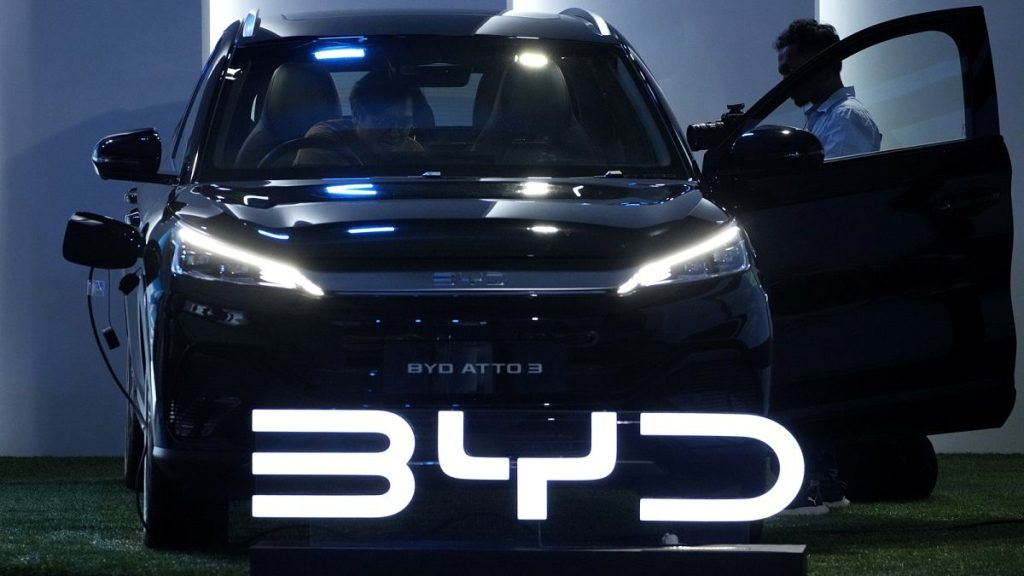China-made electric vehicles entering the European Union’s market will soon face additional tariffs as a response to the subsidies provided by the Chinese government to battery electric vehicles (BEVs). The European Commission’s trade investigation found that these subsidies were widespread in China’s BEV sector, ranging from raw material mining to car manufacturing. The subsidies skewed the market in favor of Chinese producers, leading to a surge in imports to the EU. The Commission has proposed tariffs ranging from 17.4% to 38.1% on various Chinese BEV producers to counteract these distortions, with tariffs set to take effect on 5 July on a provisional basis.
The investigation involved over 100 companies based in China, with three key firms – BYD, Geely, and SAIC – selected as representative samples for the inquiry. While BYD cooperated with investigators, SAIC failed to provide sufficient information, resulting in higher tariffs. The evidence collected during the investigation included on-the-ground verifications at production sites, as well as outreach to the Chinese government. Despite efforts to engage with Chinese companies and officials, full cooperation was not received from all involved parties, leading the Commission to rely on the best available data to determine the tariffs.
The inquiry aimed to determine whether China’s subsidies posed a threat of economic “injury” to the EU industry. The rapid increase in the market share of Chinese BEV producers in the EU, from 1.9% in 2020 to 8.8% in the third quarter of 2023, raised concerns about the competitiveness of European firms. This surge in imports could undermine the ability of EU car-makers to transition to electric vehicles, as required by EU legislation. The Commission found evidence of both existing and future injury caused by the subsidization of Chinese BEVs, prompting the need for measures to address the pricing gap and protect EU industry.
The Commission’s decision to impose tariffs is a response to the urgent need to counteract the subsidies provided to China’s BEV sector, which have led to an influx of competitively priced vehicles in the EU market. The investigation revealed the extent of these subsidies, from preferential lending to direct grants, and highlighted the disparity in competitiveness faced by EU producers. By imposing tariffs on Chinese BEV imports, the Commission aims to level the playing field and prevent further damage to the EU automotive industry. The proposed tariffs, set to take effect in July, will be reevaluated for permanent measures in November.
The tariffs proposed by the Commission are intended to address the unfair advantage gained by Chinese BEV producers through government subsidies, which have resulted in a significant increase in their market share in the EU. The decision to impose tariffs follows a thorough investigation that involved on-the-ground verifications, outreach to Chinese companies, and an assessment of the potential harm to EU industry. By taking action against the distortions caused by Chinese subsidies, the Commission aims to safeguard the competitiveness of EU car-makers and ensure a fair and level playing field in the electric vehicle market. The upcoming implementation of tariffs on China-made electric vehicles represents a significant step in addressing trade imbalances and protecting European industry from unfair competition.


